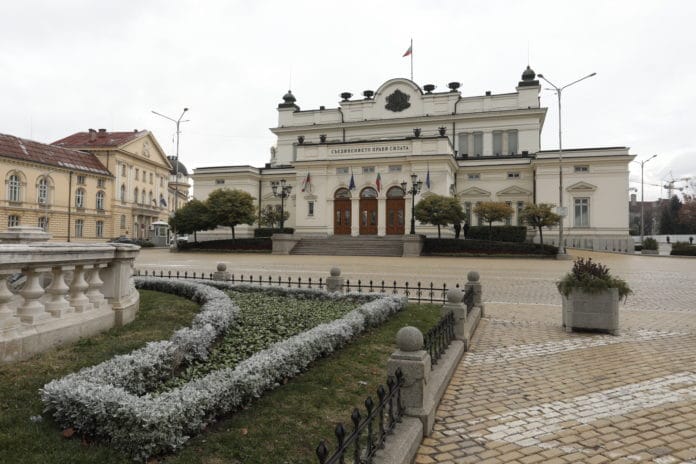
Bulgaria’s members of parliament passed the Emergency Management Act at first reading. There were 129 votes ‘for’ and 70 abstentions. No one was against it.
The law regulates emergency measures on the territory of the country, through which citizens are protected from COVID-19. These measures shall also be applied in order to limit and overcome the effects of the contagion, and they are effective for the period from March 13 until the termination of the state of emergency.
The final vote is expected to be on Friday. There are amendments to be made between the first and the second reading, as the debates have provoked much criticism.
The head of the GERB parliamentary group Daniela called for proposals for amendments to the bill by 6pm tonight.
Which sites can work?
The measures state a ban on visits to gaming and entertainment halls, bars, discos, restaurants, cafes and major shopping centers. Exceptions relate only to grocery stores, pharmacies and insurance offices. Other non-mentioned activities will operate under hygienic conditions.
The education system
Children are not allowed to attend schools, day nurseries, kindergartens or any kind of after-school activities. This will be valid until the end of the state of emergency. At this stage, they continue to learn from their homes.
Travelling
All planned trips outside the country’s borders will probably have to have concluded compulsory health insurance.
Employers
The proposal is for each employer, depending on the specifics and capabilities of his business, to introduce teleworking for his employees, establishing part-time work. In addition, bosses can give unpaid or paid annual leave to their employees. This can happen without their consent.
Bank Accounts Attachment
The imposition of bank accounts attachment of individuals, salaries and pensions, as well as making of inventories of movable and immovable property owned by citizens shall be suspended.
Public sale procedures are also being interrupted, and after the end of the crisis they will be reformed and reappear.
Notarial certification is also restricted, and only urgent certificates will be allowed.
Penalties for doctors
The bill also provides for amendments to the Penal Code for physicians who do not assist a sick person during an epidemic, pandemic or emergency related to death cases.
They will be punished by probation for up to one year or by a fine of 300 to 1000 levs. It is proposed to criminalize the transmission of false information on the spread of an infectious disease.
Translation: Gloria Yordanova






